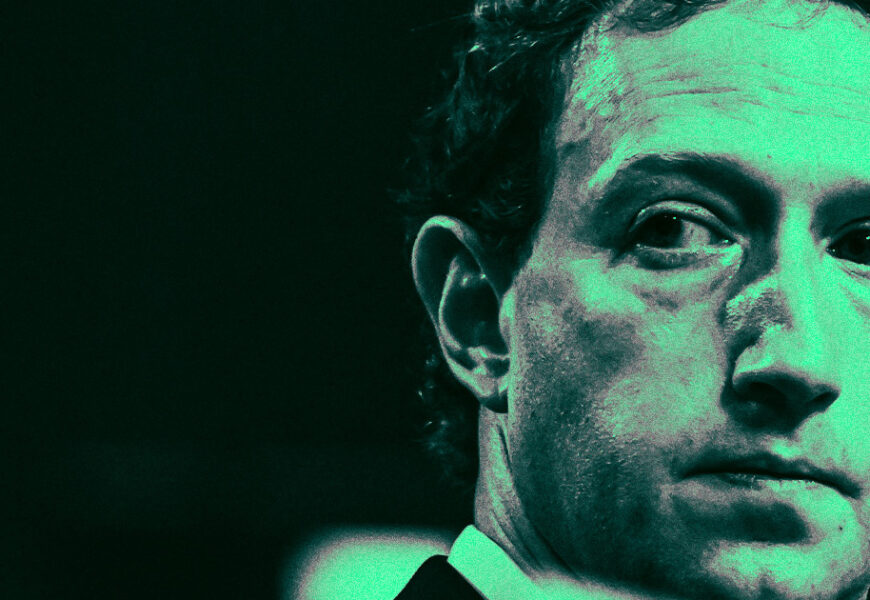“The trend of key AI leaders departing major tech companies continues with Meta, formerly known as Facebook.”
The departure of top AI executives from Meta, formerly Facebook, is a concerning trend in the tech industry. In March alone, Meta witnessed the exit of three prominent AI leaders: Devi Parikh, the former senior director of generative AI at Meta; Abhishek Das, who led Meta’s Fundamental AI Research (FAIR) team; and Erik Meijer, the former director of engineering at Meta.
These executives bid farewell to their colleagues towards the end of last month, announcing their departures on social media platforms. While expressing their gratitude and well wishes for Meta, the departing leaders also hinted at new opportunities and challenges ahead. Meijer, in particular, was candid about his decision to leave, citing the competitive landscape and the constraints of working within a large corporation.
Despite the positive sentiments shared by the departing executives, their exits raise questions about Meta’s ability to retain top talent in the fiercely competitive AI space. The departure of key leaders, coupled with reports of CEO Mark Zuckerberg actively recruiting AI experts from rival companies like Google, indicates a potential talent drain at Meta.
The tech industry is no stranger to such transitions, with experts drawing parallels to previous technological advancements like the PC, the web, and mobile app ecosystems. This pattern of executives leaving established companies to explore new opportunities in the rapidly evolving AI landscape is a common phenomenon in Silicon Valley.
As Meta intensifies its focus on AI technologies, the departure of these key leaders underscores the challenges of retaining top talent and fostering innovation within a large corporate structure. The competitive pressure in the AI field necessitates agility and adaptability, qualities that may be better suited for startups and smaller organizations in the current technological climate.










